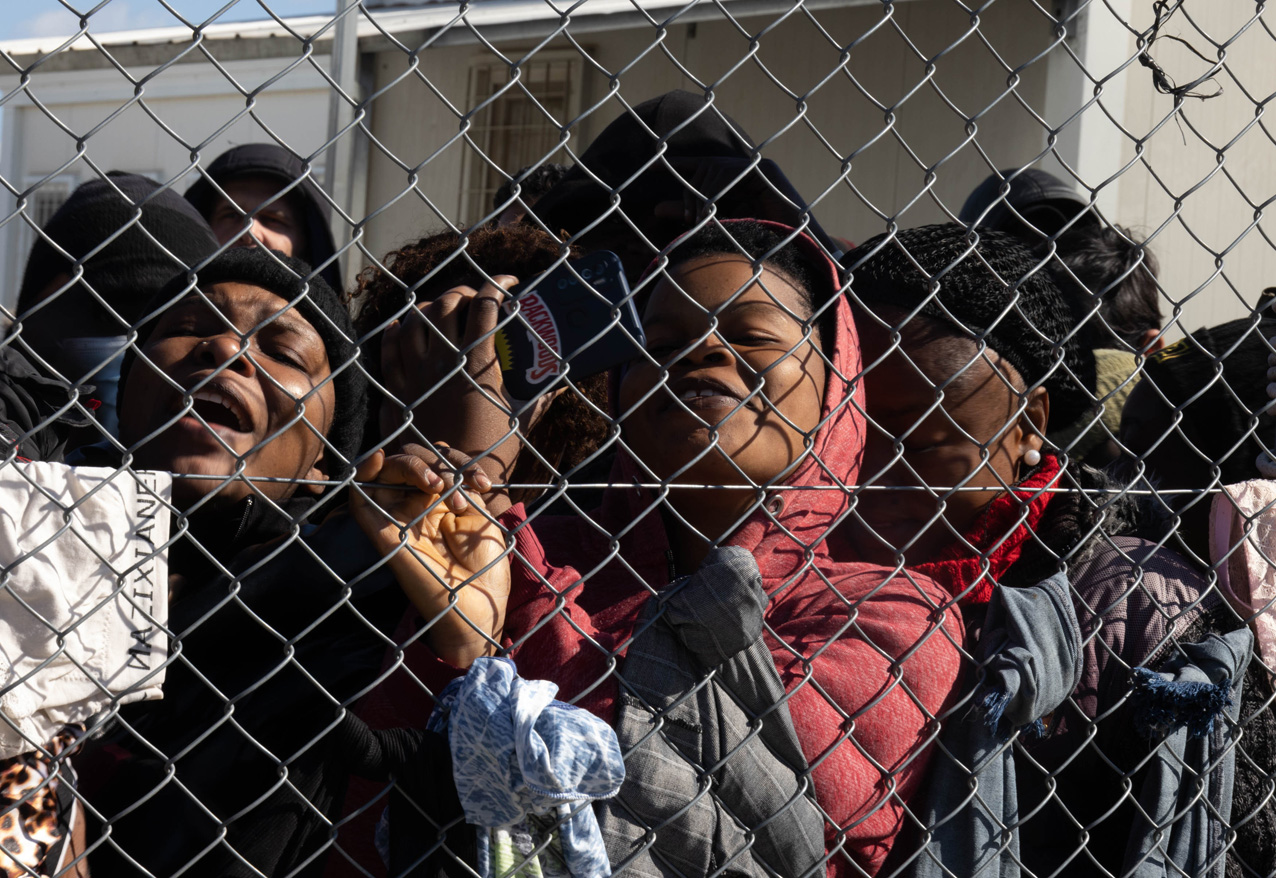Cyprus is among the ten most xenophobic countries in Europe, according to the European Social Survey (ESS), a research infrastructure providing freely accessible data for academics, policymakers, civil society and the wider public.
The latest ESS for 2022, disclosed by the Cyprus Centre for Field Studies (UCFS) of the University of Cyprus, underscored the presence of robust xenophobic sentiments in Cyprus, urging the state to adopt a holistic approach to migration.
According to the report, Cyprus ranks among the ten most xenophobic nations participating in the ESS, out of a total of 31.
In an announcement, the UCFS clarified that although xenophobia may not have waned, “we possess the necessary tools to recognise and, consequently, manage it, with the ESS serving as a dependable instrument for such identification.”
In the latest data collection in Cyprus, participants were asked whether the immigration of individuals of the same ethnic origin as the majority of the island’s residents should be permitted. A 58% agreed to some extent.
However, according to the UCFS, this majority agreement transformed into rejection when the question involved people of different ethnic origins or those arriving from economically disadvantaged non-European countries.
Some 65% disagreed to some extent with the immigration of individuals of different nationality, a percentage that reached 66% when it pertained to people from poorer non-European countries.
“The contradiction between attitudes towards immigration of people of the same and different ethnic origin indicates the existence of strong xenophobic attitudes in Cyprus,” noted the UCFS.
“Greek Cypriot residents, in the majority, seem to significantly differ from the general attitude in Europe, as more negative attitudes are observed in Cyprus compared to the European average,” it added.
About 44% of participants stated that they believe to some extent that immigration harms the economy, while 49% also believe it harms the cultural life of Cyprus.
Worse place to live
Moreover, a near-majority of participants (48%) claim that with the arrival of people from other countries, Cyprus becomes a worse place to live.
“The above responses reveal the prevalence of a sense of threat, specifically, realistic and symbolic threat,” it is stated.
The UCFS also noted that ‘realistic’ threats, are related to fears about physical risks, for example, risks to the person’s physical integrity or health, or, in this case, to their economic well-being. It said the term ‘realistic’ does not imply the existence of actual threats and only refers to the subjective perception of the individual.
Similarly, symbolic threats involve the sense of danger that may arise from the clash between an individual’s or a group’s worldview and another ‘foreign’ perception of things. Such threats concern religion, values, ethics, customs and tradition.
However, despite this, a reduction in opposition to the general idea of immigration over time is noted in Cyprus.
Specifically, in Round 10 of the ESS, attitudes towards immigration showed signs of gradual improvement after 2012, where the most negative attitudes were recorded, possibly due to high realistic threats prevailing during a period of economic crisis and bailout memorandum imposed by the troika of lenders.
Improved attitudes
The non-dramatic worsening of attitudes towards immigration during a data collection period with intense migratory flows to Cyprus and xenophobic rhetoric generally seems to be mitigated by generational differences where younger generations appear to have significantly improved attitudes towards immigration.
The UCFS considers that these findings are not cause for complacency, but a constructive basis for interventions aimed at raising public awareness and improving relations between the indigenous and immigrant populations.
As it noted, the results of the survey indicate the role of the state in establishing a National Integration Plan for immigrants that needs to address the issue of migration comprehensively, with a holistic approach.
A strategic plan should include “from the integration of migrants and refugees into society (as opposed to their marginalisation in hosting centres), the development of a comprehensive education programme, the inclusion of migrants in the Cypriot labour market, and interaction with the native population”.







